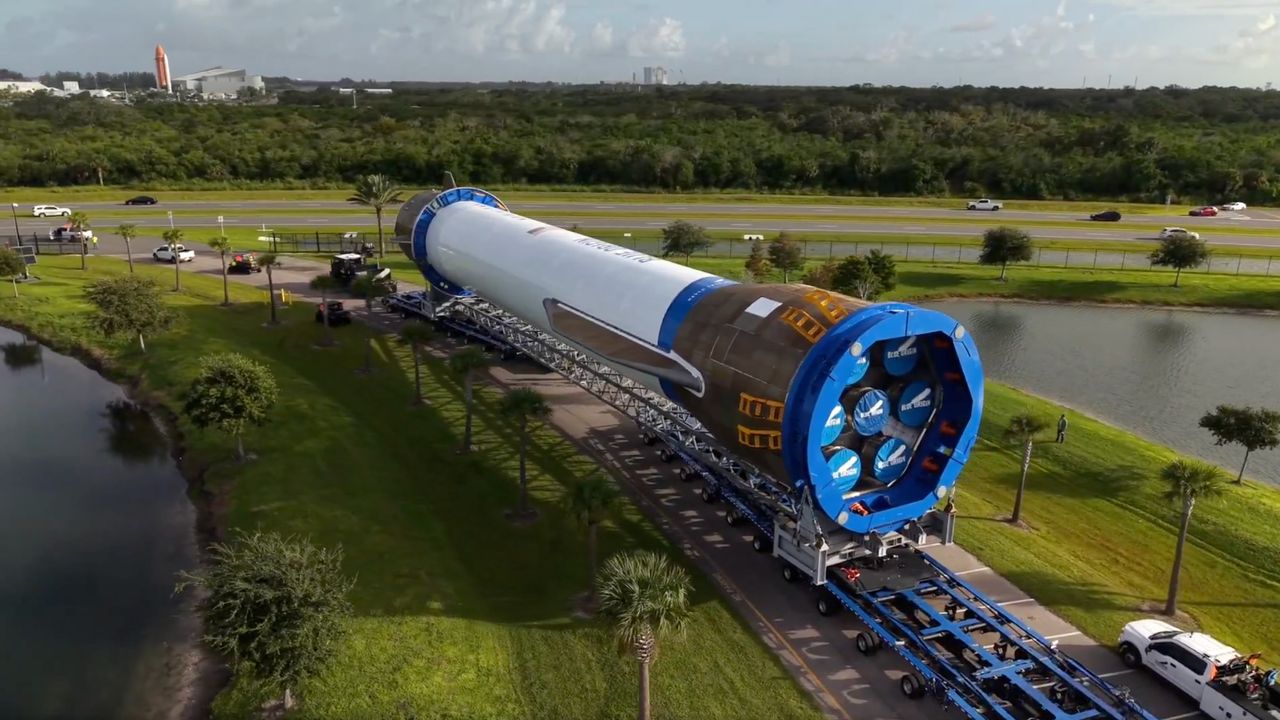Trump’s Energy Cuts Punished Mostly Blue States. Red States Might Be Next.
NegativeScience

Recent reports indicate that Trump's energy cuts have primarily affected blue states like New York, leading to significant economic repercussions. A leaked document hints at further cuts from the Energy Department, raising concerns that red states could soon face similar challenges. This situation is crucial as it highlights the ongoing political divide in energy policy and its tangible impacts on state economies.
— Curated by the World Pulse Now AI Editorial System






